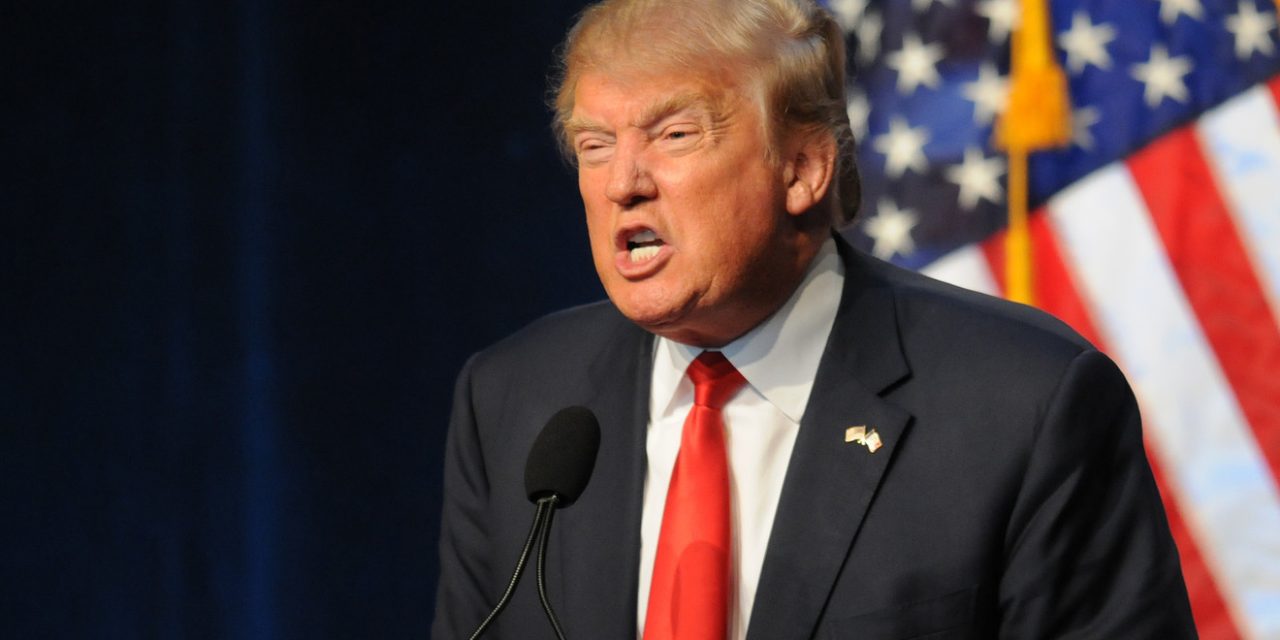If the Germans are right that President Trump is more dangerous than Kim Jong-un, Vladimir Putin, Xi Jinping or Ayatollah Ali Khamenei, then my job is more dangerous than I had dared imagine. I suppose few peoples are better positioned to assess the potential threat level of a white nationalist demagogue, but I hope they’re just being paranoid.
What I am willing to say, however, is that just as it took real courage for career federal employees to defy Trump and testify before Congress about his impeachable offenses, it isn’t that easy to make a career out of calling out his lies and abuses of power as a member of the press. As Nancy LeTourneau points out, some like Chuck Todd just aren’t that good at it. Standing up to powerful people who lie to your face isn’t easy, nor is it comfortable to question people who have the power to surveil you, audit you, attack you personally in official statements or tweets, or even arrest you. For reporters who rely on access to do their jobs, their access can be curtailed or denied, which renders them useless to their employers.
Around the world, journalism is dangerous work. A 2018 study by the Committee to Protect Journalists found that 300 journalists in more than 40 countries had been killed in the prior decade, and that 326 journalists had been imprisoned in 2017 alone. In the United States, politicians are more likely to bodyslam reporters or threaten to throw them off balconies than to actually have them arrested or killed.
Yet, President Trump applauded the body-slamming incident and when, on June 29, 2018, a lone gunman walked into the newsroom of the Annapolis Capital Gazette and shot and killed five people with a shotgun, Trump initially refused to lower the flag out of respect for the victims. That might seem inexplicable, put it is part of a pattern. When the New York Times was concerned for the safety of one of their reporters in Egypt, the Trump administration told them that the reporter was making the government in Cairo “look bad” and did nothing. The Times ultimately got assistance from the Irish government. When Washington Post reporter Jamal Khashoggi was murdered by Saudi intelligence officers in Istanbul and cut up with a bone saw, Trump praised Crown Prince Mohammed bin Salman as “a friend of mine,” defended the American-Saudi relationship, and emphasized their willingness to buy military equipment.
“We don’t like it even a little bit. But whether or not we should stop $110 billion from being spent in this country… That would not be acceptable to me,” Trump said last October 11, when asked whether he would cancel billions of dollars in weapons sales to Saudi Arabia if its leaders were implicated in the assassination. “I don’t like stopping massive amounts of money that’s being poured into our country.”
President Trump’s threats against the media as “the enemy of the American people” are well-documented. To punish CNN, Trump tried to prevent the merger of Time Warner and AT&T. He directed the US Postal Service to attack Amazon as a way of punishing the Washington Post for critical coverage.
In this environment, no one should take the freedom of the press for granted. President Trump may not be the biggest threat on the planet, but he’s a significant threat to American journalists and media organizations.
This is why you should support organizations like the Washington Monthly that have the courage to tell truth to power. At Political Animal we have been documenting the atrocities of the Trump administration without fear. We rely heavily on the support of ordinary readers like you. And if we’re going to survive to tell the true history of what is happening in this country, we need people like you to help us out.
Thanks to a grant from NewsMatch, this is the best time of year to get a subscription to the magazine or to make a simple donation , or both. In fact, if you make a donation right now, —$10, $20, $50, $100, $1,000— your contribution will be matched, dollar for dollar, thanks to a grant from NewsMatch. And if you give $50 or more, we’ll give you a a complimentary one-year subscription to the print edition of the Washington Monthly.
Your contributions to the Washington Monthly are vital, tax-deductible, and much appreciated. You’ll also be doing your own small part to push back against an unprecedented assault on the press.




Hey Martin, do you happen to know an email address of someone at WaMo that handles matching gifts? I made a donation last month and applied to have my company match it, but so far the matching gift hasn’t been claimed (there is some online portal that someone on your end has to use to claim it). I think the address they have on file is sarah@washingtonmonthly.com.